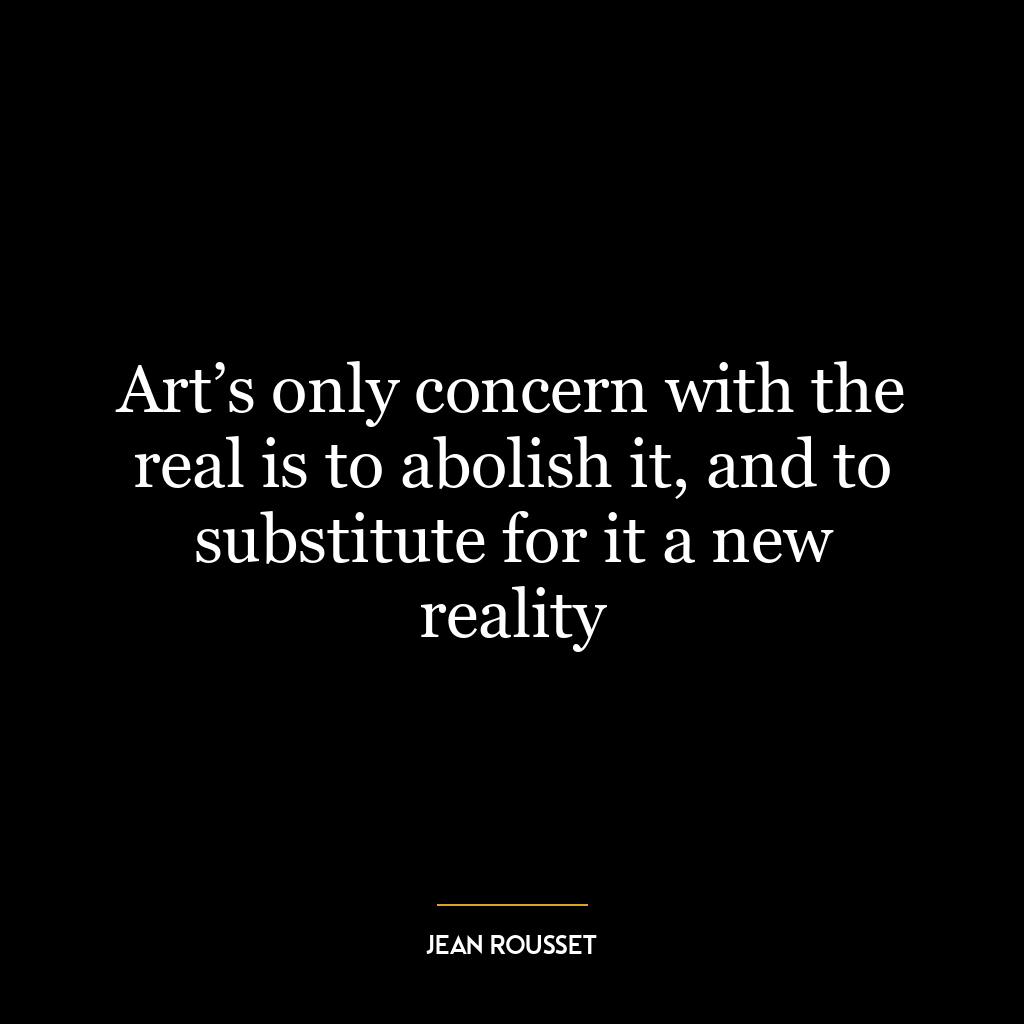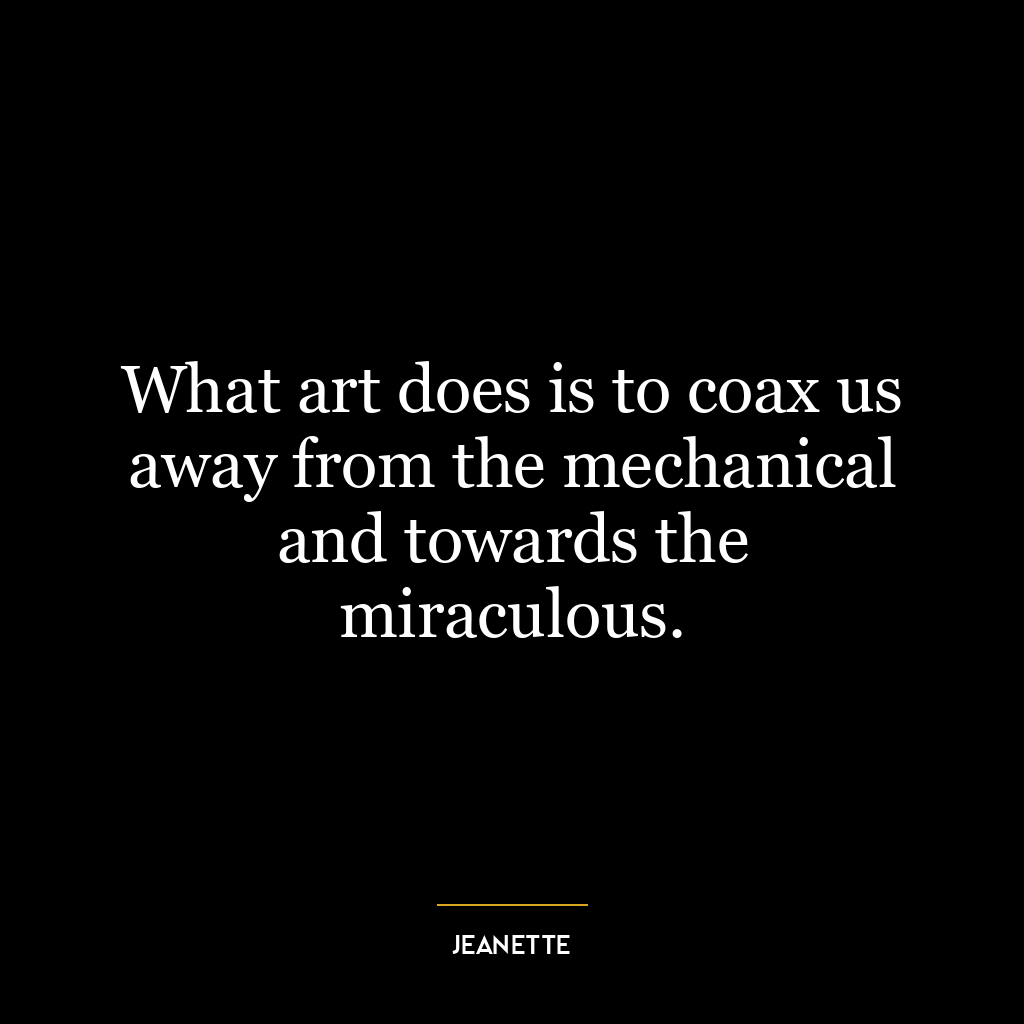The longer we stay in Hell, the more we become attached to it.
This quote, “The longer we stay in Hell, the more we become attached to it,” is a profound observation about human nature and our relationship with suffering and adversity. It suggests that when we’re stuck in difficult situations for extended periods of time—whether they be toxic relationships, unhealthy habits, or destructive environments—we often develop a strange attachment to them. This can happen because humans have an inherent ability to adapt and find comfort in familiarity, even when that familiarity is harmful or negative.
The ‘Hell’ Lewis refers to doesn’t necessarily mean literal hell but rather any situation or environment that causes us suffering. The ‘attachment’ he speaks of can take many forms: fear of change; belief that we deserve no better; Stockholm syndrome-like identification with our tormentors; or simply getting used to the pain until it becomes our new normal.
In today’s world, this concept is highly relevant. For instance, many people stay in jobs they dislike because they’re afraid of change or feel secure in their misery. Similarly, some people remain in abusive relationships because leaving seems more terrifying than staying.
In terms of personal development, understanding this idea can be crucial for growth and transformation. It prompts us to examine our own lives critically and identify if there are any ‘Hells’ we’ve become attached to—any situations where we’ve accepted discomfort as the norm instead of striving for improvement. Recognizing these patterns is the first step towards breaking free from them.
Moreover, it also underscores the importance of resilience and courage—not just enduring hardships but actively working towards overcoming them instead of becoming complacent within them.
Finally yet importantly this quote reminds us not only about complacency but also about hope – hope not just as a mere wishful thinking but as an active pursuit for something better than what currently exists irrespective how comfortable one might have become with their present circumstances.








